STORIES / Okara’shòn:’a

Ice Storm
During winter months, some community members would haul goods by horse and sleigh down the main street (or the front street as we knew it back then). There were thick ice ruts in the street, and it became extremely hazardous for horses, more so for people trying to walk on the thick ice.
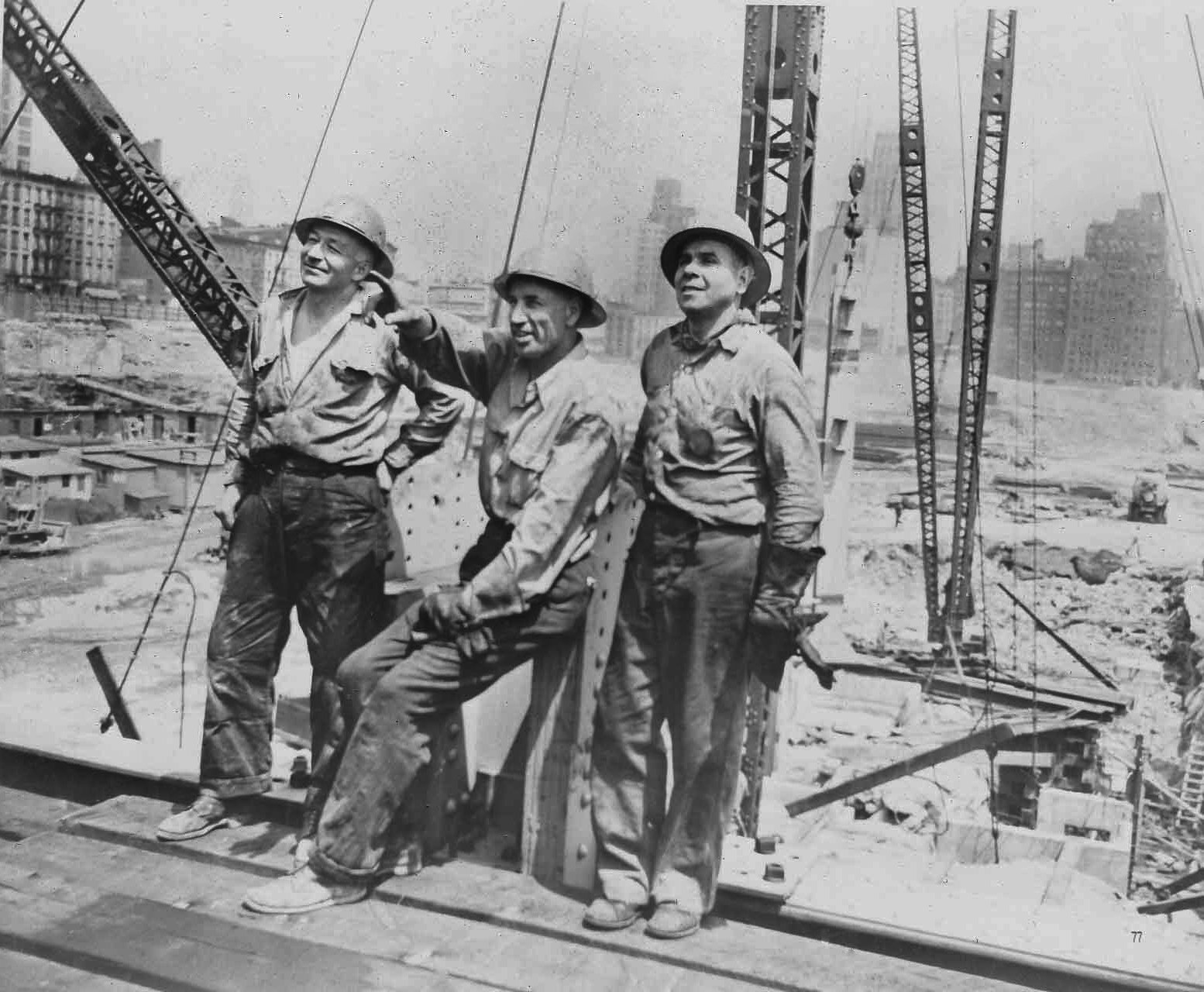
Becoming an ironworker
A week before I turned 18 my father said, “I’m going to take you to work with me.” We got a ride down to New York and stayed at his apartment that was on the street next to Spar Bar in Brooklyn.


Protestant and catholic
My mother went to catholic school, but she did not want the nuns to teach us, so she sent us to protestant school. Protestant school was like today's public school. My cousin and I were the same age and lived in the same neighborhood, so we walked to school together. She was going to the catholic school and I was attending the protestant one. One time, she crossed the street and told me that she could not walk with me because I was protestant.

Don't tell Brisebois
When I signed up for my courses, the woman from Sir George Williams College took out this ledger and said, “You’re one of the first to sign up from Indian Affairs. Here’s a voucher. Go get all of the books you need and give me the voucher when you’re done.” So, I did that. She must’ve sent the bill to Ottawa and they gave it to Brisebois.

Those are our orders
One night, we tried to get in after work and there were big crowds of like 200 people at all the checkpoints. We didn’t even try coming in, so we went back to Valleyfield and found a parking lot to stay in. Maybe two or three in the morning, we heard knocking on the window and we were surrounded by the SQ.

Restore the friendship
When they had the crisis in Kanesatà:ke back in 1990, a lot of people had bad feelings towards us. So, we had powwows to restore the friendship. We said, “Come and find out for yourself.” And they did find out. They never dealt with people so friendly.

Echoes of a proud nation
We decided we would choose the second weekend in July to commemorate what had happened that weekend in 1990. We also chose to host the powwow in the same area that the army had tried to invade in Kahnawà:ke, honouring the resilience of our community.

The mighty St. Lawrence river
The St. Lawrence River played an important role in our daily lives, especially for families living by the riverside in the old village area of Kahnawake. On sunny nice days, community women would go down to the shore and wash laundry with large bar soap and scrub boards in hand and children in tow.
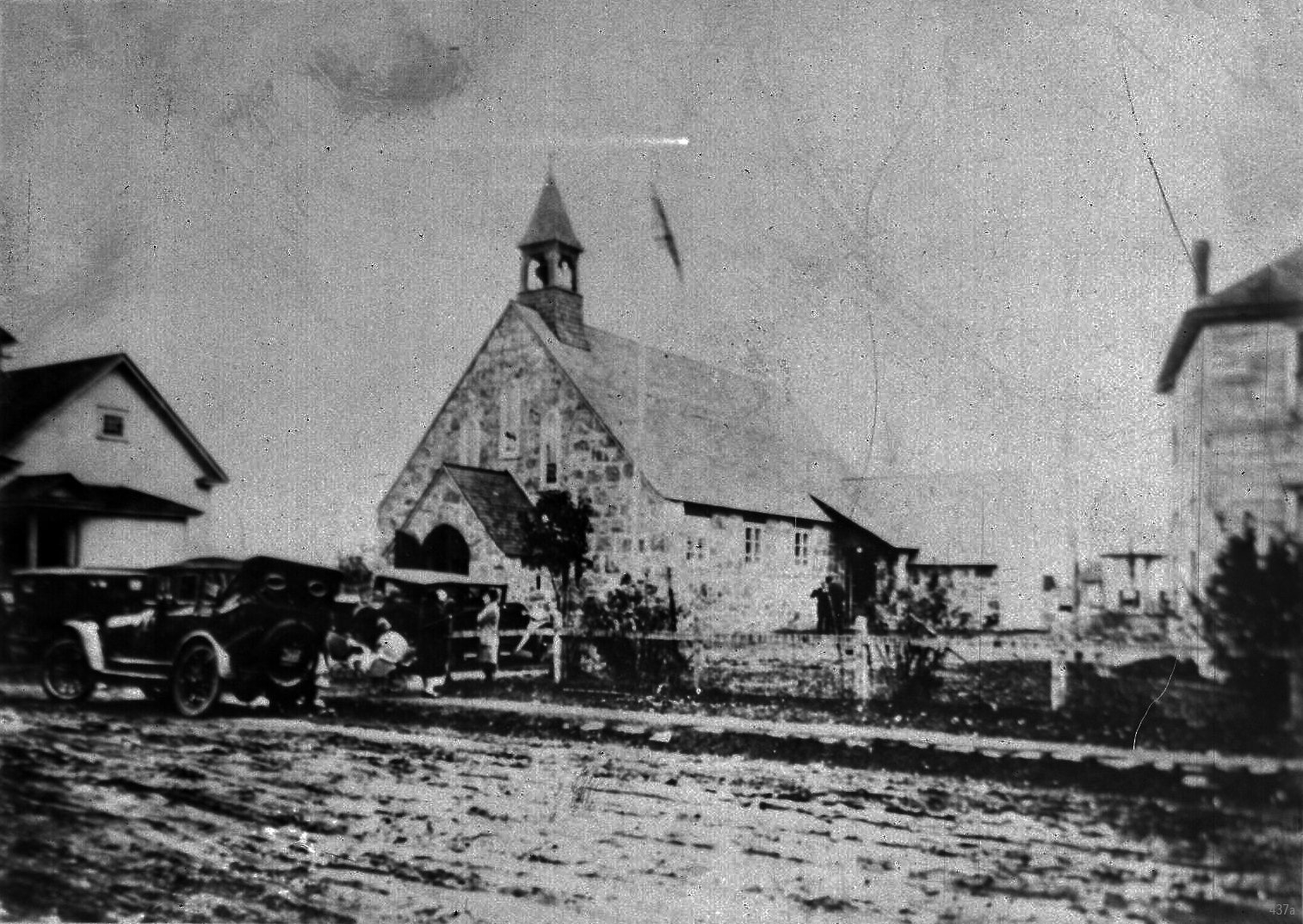
Kanoronhkwáhtshera'
At the revival of the Mohawk language, people wanted to learn their language and their culture. The more they would learn, the more they would say, “Hey, there’s nothing wrong with who I am, there’s nothing wrong with me. There is nothing wrong with the way Shonkwaia’tíson’, or God, has made me. I am perfect just the way I am.”
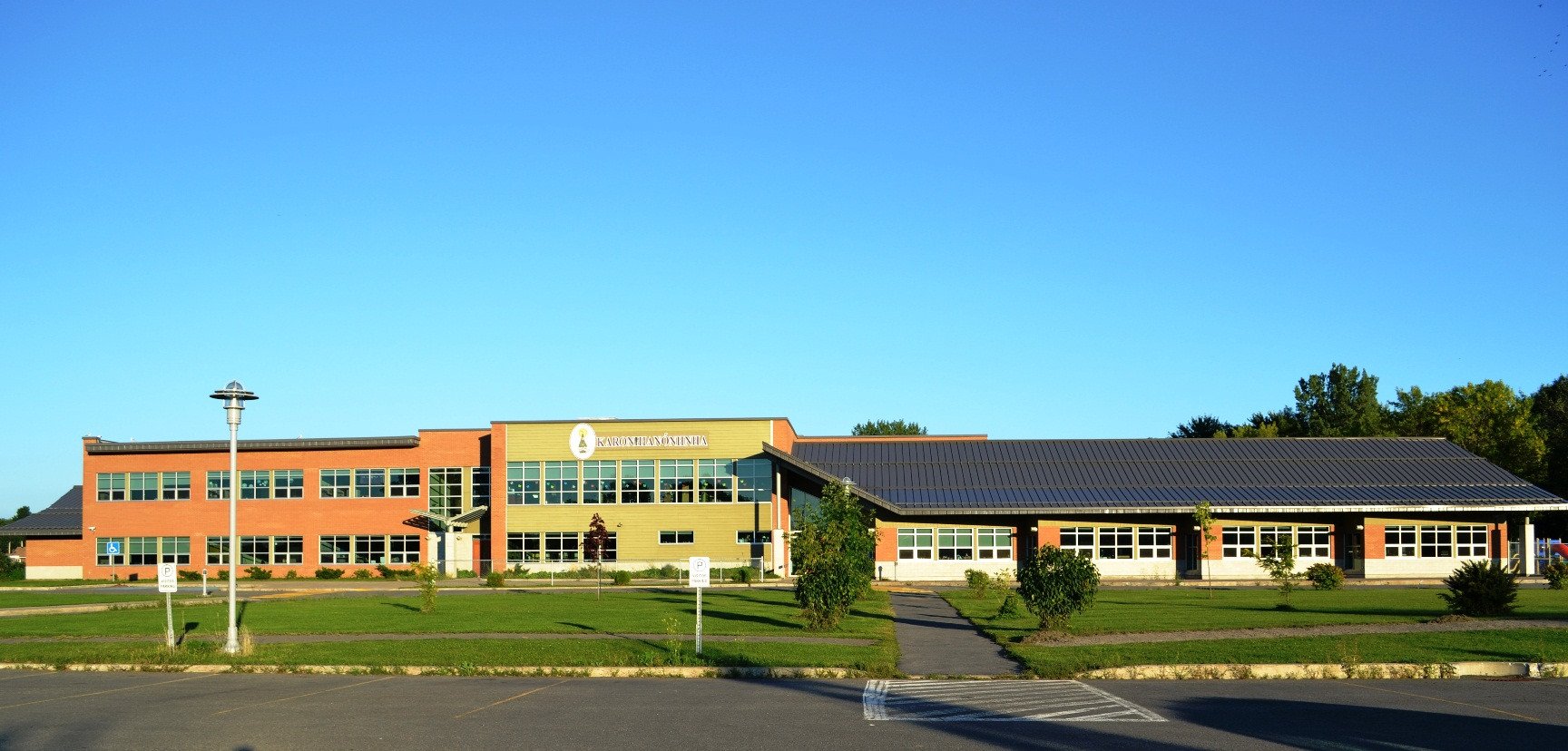
Change is hard
It seems everything important begins with a protest. When Kanien’kéha immersion first started, it became an issue in our community. It was thought that teaching culture and language would hold one back from making progress in school.
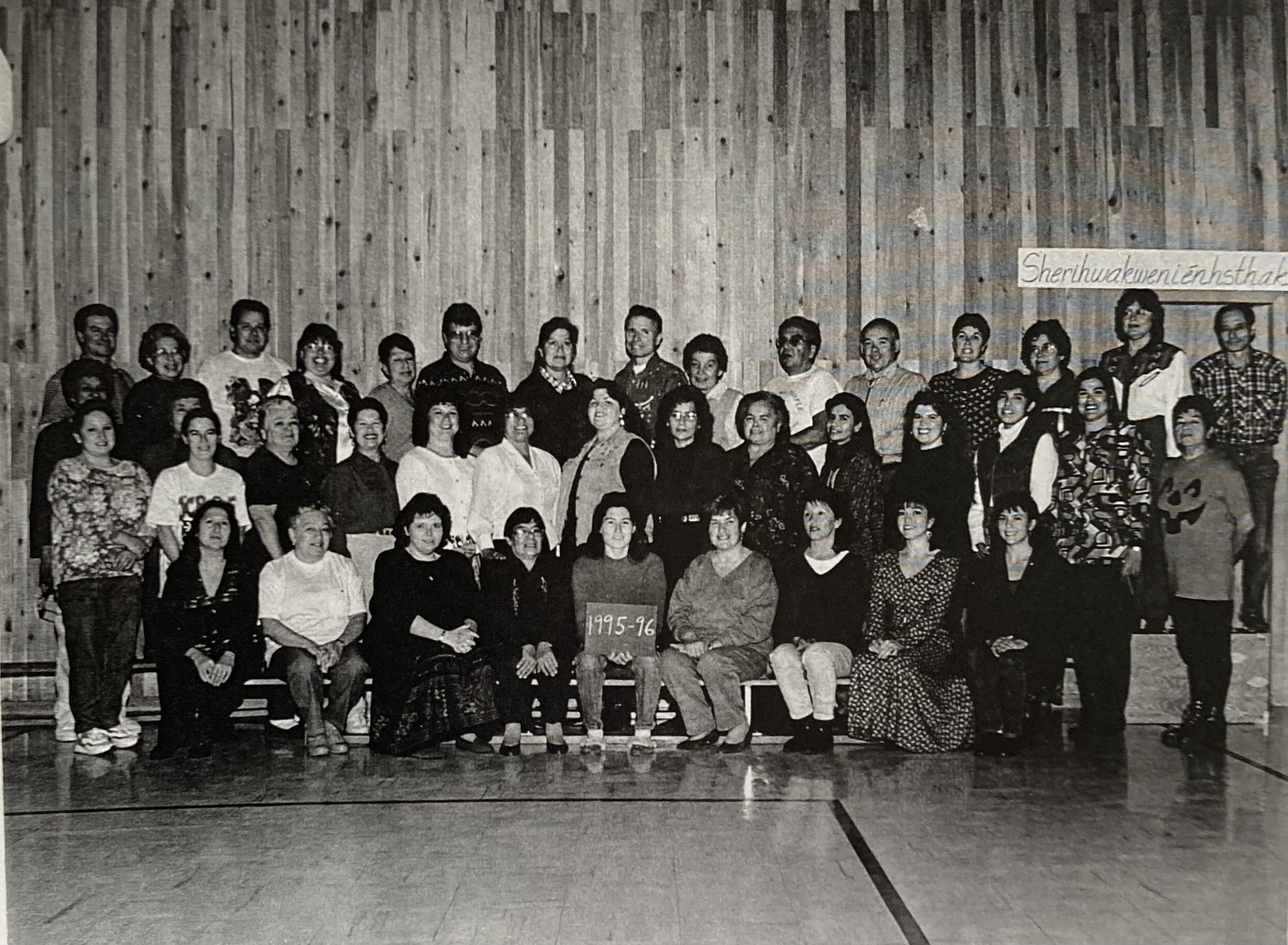
Make one school
There was a big sign in front of where the Ed Center used to be, where the library is today, inviting people to come and give their opinion. There were many opportunities for parents to voice their opinion or concerns. People did not come forward, so it looked like it was a go. I remember thinking it will never work. I hear the talk. Parents will not accept this, so I brought that up at an admin meeting.
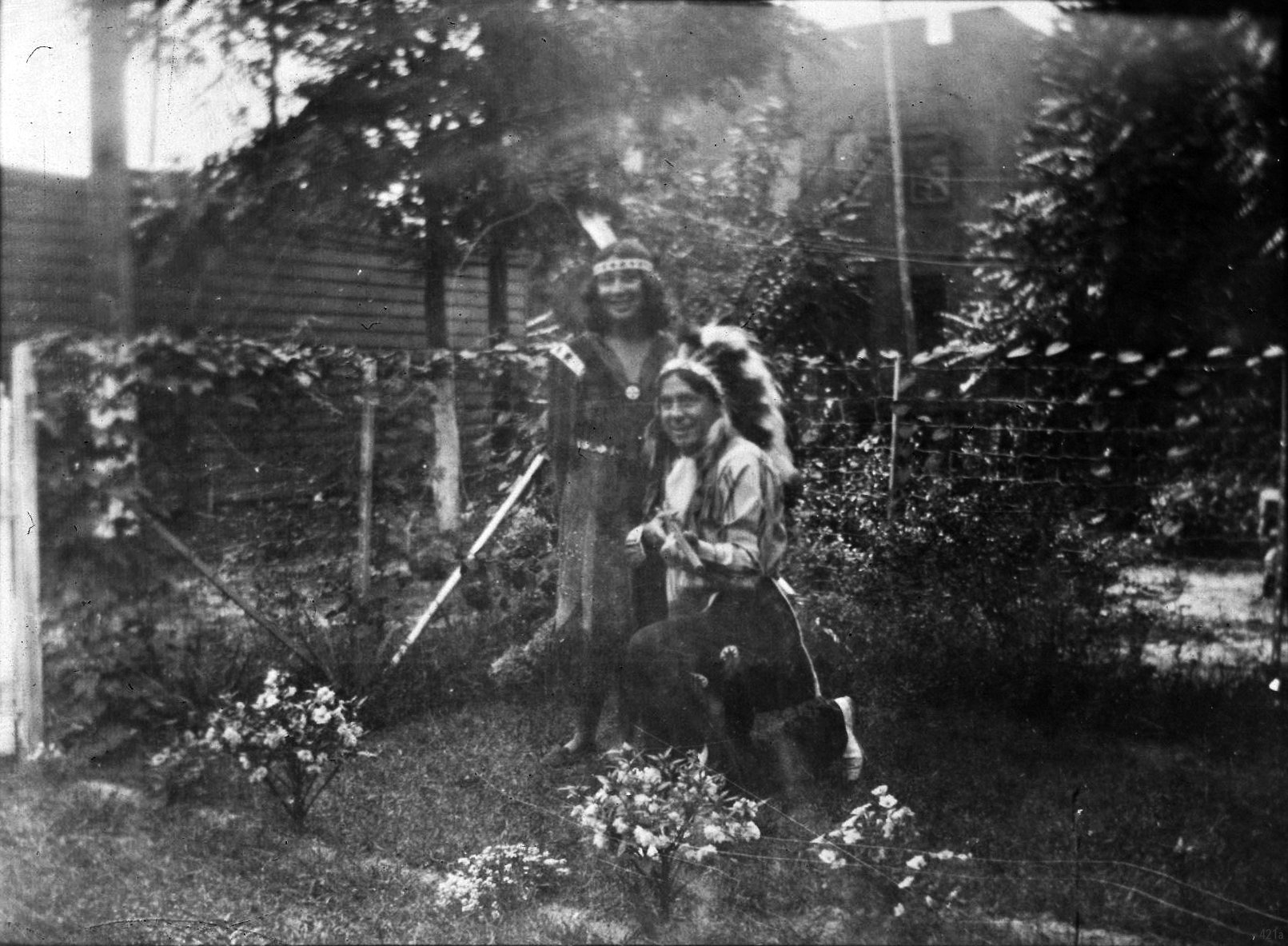
Always in their garden
My grandmother had a garden. We couldn’t really walk straight in the backyard or the front yard because the rows made it bumpy. We had a lot more variety back then, more than we have now. We had fruit trees – plum trees, pears, apples, peaches, cherries. People grew white apples, McIntosh.
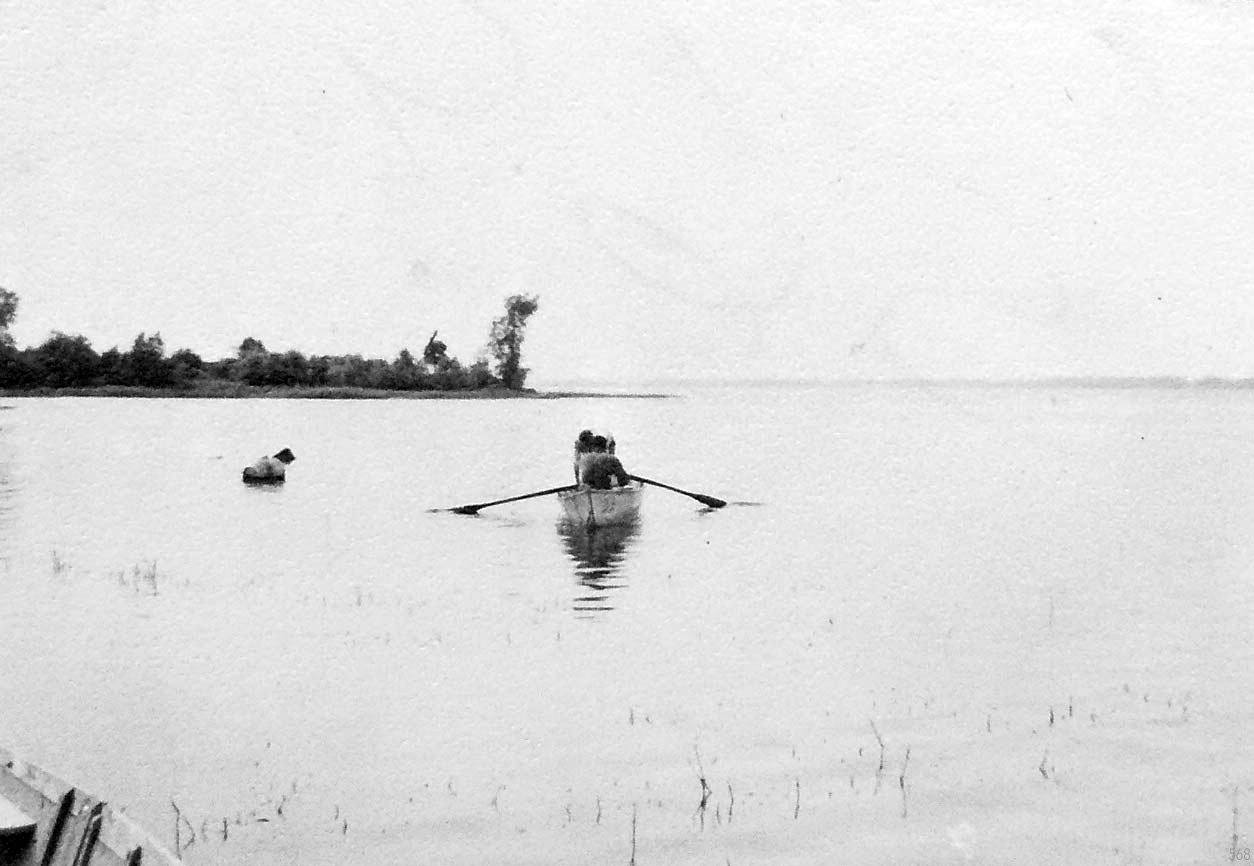
Kids at the water
When I was a kid, we all used to go swimming at the Wharf. It was so nice. The best part of swimming there was when people would come and throw silver dollars in the water to see if you could catch it. I never caught a coin, never. I wasn’t fast enough. If I was fast enough, the other person trying to get it would take my hand and almost break my finger to get the money.
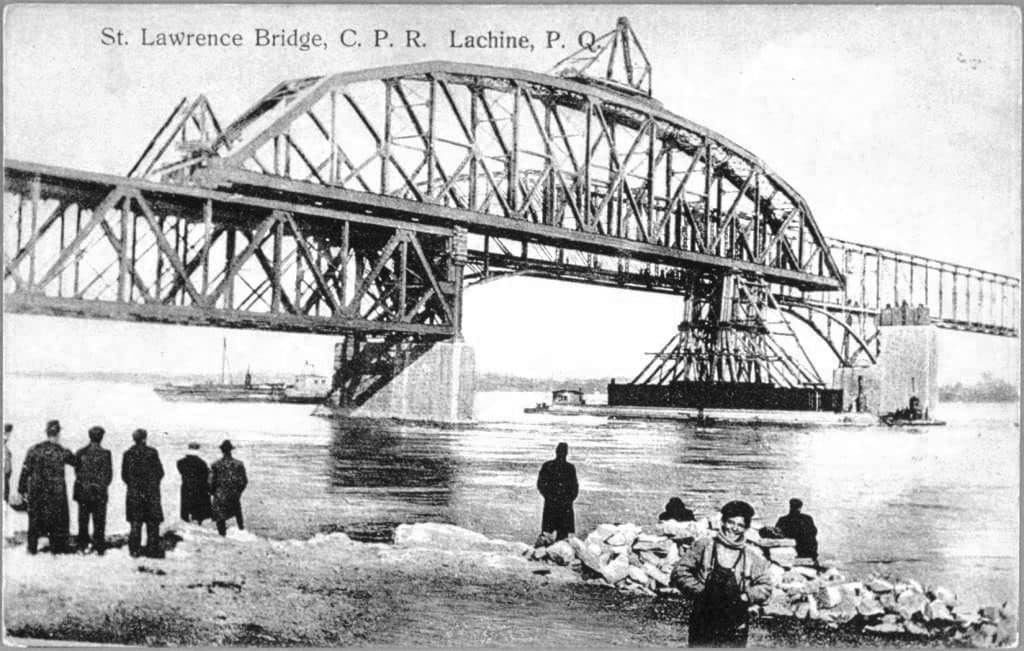
No help of any kind
My mother’s father, Frank Lazare, had a job in Lachine at the Dominion Bridge, it was a foundry. During the winter months, they used to have to walk to work on the train bridge - the CPR bridge. They’d put in a full day of work, then they’d have to walk home. There was no Mercier Bridge then.
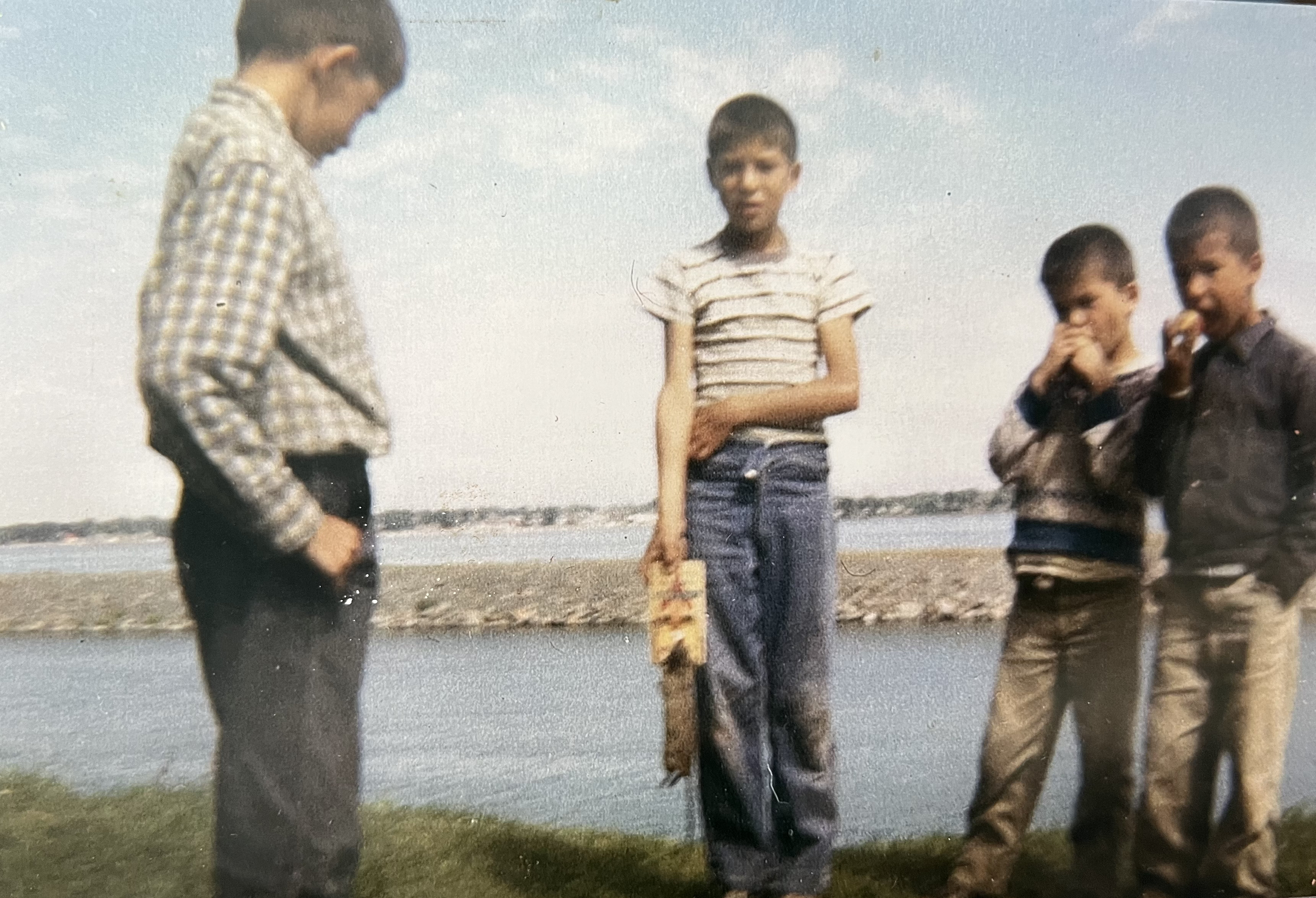
Once-in-a-lifetime trip
My brother David and I did everything together. There used to be a creek that would run all the way from St. Isidore Road to the canal where the post office is today. There was a time when the creek was alive and flowed naturally. There were northern pike in that creek back then, you could see them by the protestant graveyard in the spring when it would flood.
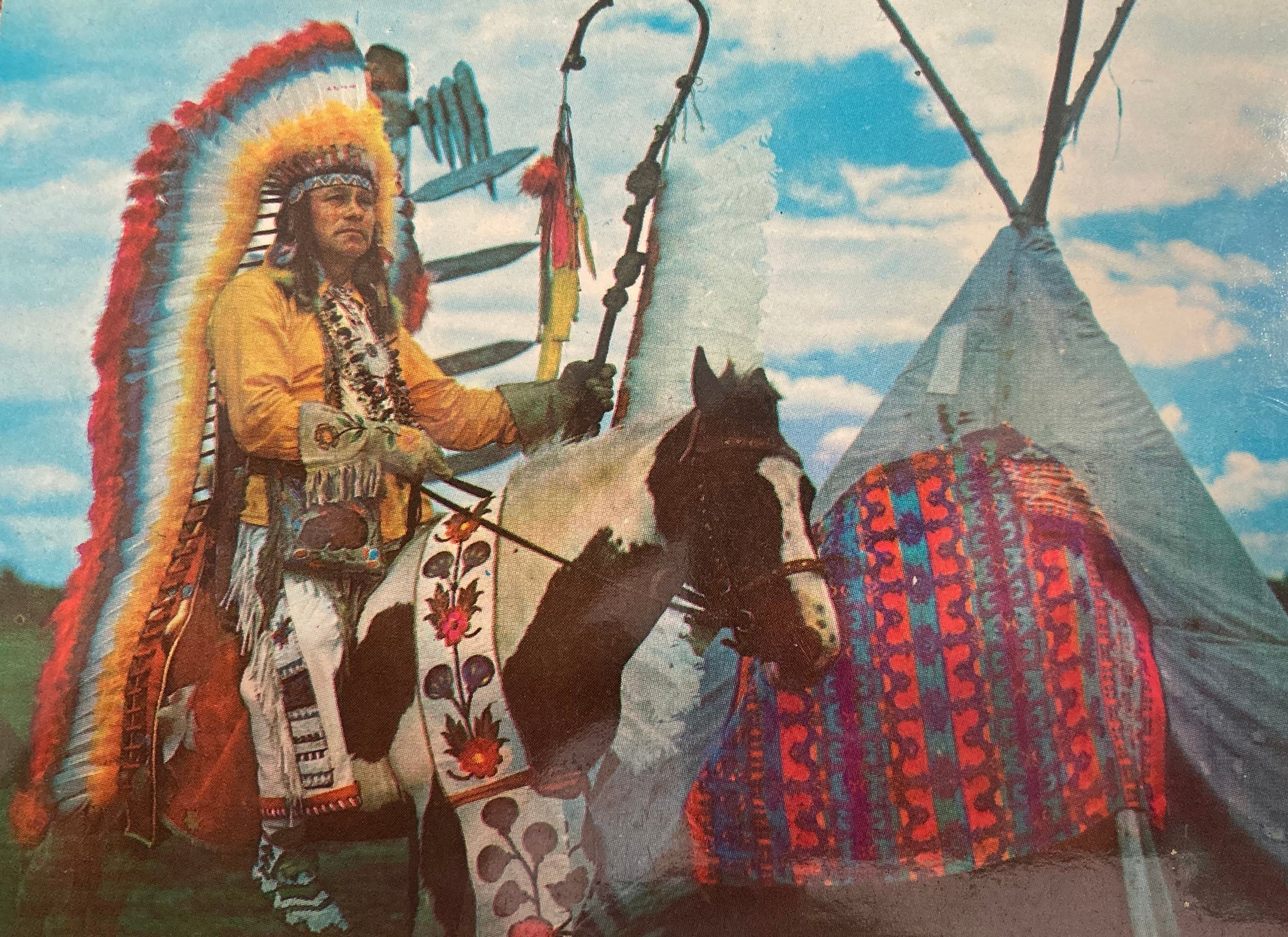
Remembering the Indian Village
The Indian Village had a big Quonset hut with a palisade fence and little stores all around it. There were a lot of people who worked there. That’s how a lot of teenagers who danced used to make money for school, clothes, and pocket money. There was no such thing as rent on the little stores of the artisans.

A different life
I grew up in Kahnawake, but only during the summer time. My parents lived in Michigan, but always brought my brother and I back to stay with my grandparents in Kahnawà:ke every summer until I was around 12 years old.

Little paper
The Indian agent in Canada was like a monarch. He was the justice of the peace, he could hold court, pass judgment and so on. Everything had to go through him.

Children in the garden
My great grandmother and grandfather always had a big garden. They had one cow. There’s an old picture where he’s milking the cow and my great grandmother is walking down the path from their house. They lived across from where Eileen’s Bakery is.
